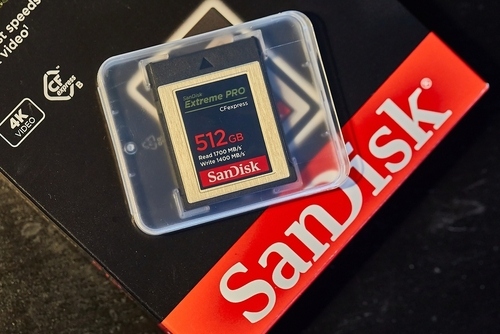OpenAI pushes Trump admin to expand Chips Act tax credit

OpenAI has submitted an official proposal to the White House Office of Science and Technology Policy (OSTP) on how tax credits should be restructured in accordance with the credits provided in the Chips and Science Act.
In a letter, OpenAI’s Chief Global Affairs Officer, Chris Lehane, requested that the existing 35% tax credit for semiconductor manufacturing be expanded to include AI data centres, server production, and essential electrical grid components.
The move underscores OpenAI’s attempts to cut costs in building infrastructure for advanced artificial intelligence. Lehane argues that a broader tax credit would reduce the effective cost of capital, decrease risk in early-stage investments, and unleash private financing that could accelerate the development of AI infrastructure in the U.S..
The company also contended that enabling the sanctions to continue in force would be a step toward ensuring the existence of a domestic supply chain for critical materials and components, such as special steel, transformers, and other electrical equipment needed in high-capacity data centres.
This push comes as OpenAI recently agreed to purchase $38 billion worth of capacity from Amazon Web Services. Amazon noted in a press release that OpenAI will utilize hundreds of thousands of Nvidia graphics processing units (GPUs) in the United States to run workloads on AWS infrastructure, with plans to increase capacity in the coming years.
Amazon stated that the rapid advancement of AI technology has created an unprecedented demand for computing power. According to Amazon, the deal’s initial phase will utilize existing AWS data centres, and it will subsequently expand its OpenAI infrastructure.
Administration says no to federal AI backstop
OpenAI’s request comes as attention to the costs and funding of AI infrastructure has been increasing. The company has already committed to investing $1.4 trillion in data centres and chips to develop even more advanced AI systems. Its investment plans have baffled some in the industry, as OpenAI has employed inventive financing mechanisms to support this expansion.
This week, Chief Financial Officer Sarah Friar sparked controversy by suggesting that perhaps the U.S. government has a role to play in supporting financing for AI infrastructure. OpenAI promptly stated that it is not seeking a federal bailout, saying Friar was mistaken.
The administration has been unequivocal in not supporting a direct financial backstop for AI companies. White House AI and crypto czar David Sacks has publicly stated that there is no Federal bailout for AI.
OpenAI CEO Sam Altman assured that the company is seeking measures to bolster the U.S. AI and semiconductor sector, not loans or guarantees for its own operations. A robust U.S. supply chain from the manufacturer of semiconductors and transformers to raw steel would benefit all industry customers and other industries that depend on those elements, and it should be a national security interest,” Altman said.
OpenAI urges Washington to back AI infrastructure
The letter also suggested that manufacturers in the AI sector may soon receive broader government support through grants, loans, or cost-sharing arrangements.
Such a boost would be designed to guard against market distortion from international competition, including that of China, and reduce lead times in areas such as infrastructure. In a separate white paper published in September, the company also noted that loan guarantees would enable AI firms to purchase U.S.-made chips in volume without worry, adding more depth to domestic chip demand while driving down costs for AI developers.
The Chips Act, which originally aimed at chip fabrication, has delivered only a small portion of its funds so far. OpenAI’s plan aligns with a Trump administration goal of enhancing U.S. competitiveness in AI by promoting domestic investment in infrastructure deemed essential.
It could also help accelerate the deployment of AI data centers and other infrastructure, making it more likely that the U.S. can remain a winner in AI technology by building out AI ecosystems for manufacturing in America.”
Although the administration has not publicly responded to OpenAI’s letter, the submission serves as an example of how AI companies are entering a new phase of influencing U.S. industry and technology policy. OpenAI’s proposal for a wider tax credit reflects its view that public policy could help facilitate the rapid deployment of AI while preserving the nation’s manufacturing capabilities.
Get up to $30,050 in trading rewards when you join Bybit today







